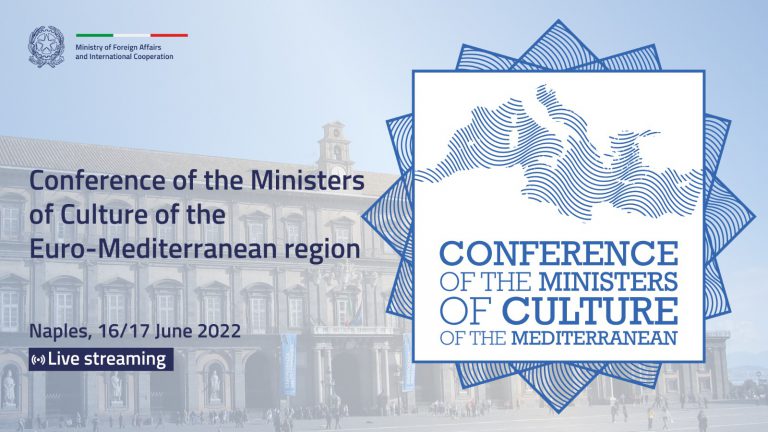A priority in the strategy to combat ISIS is the creation of a coalition within the United Nations, starting with the Arab and Islamic countries. It should use a range of instruments, especially humanitarian ones, but also the control of economic and financial flows to prevent ISIS from receiving supplies and block its access to resources. These were the points stressed by Foreign Minister Federica Mogherini in her report on the NATO Summit to the joint Foreign Affairs and Defence Committees of the Chamber and Senate. It was in the margins of the Summit that 10 countries set up an anti-ISIS coalition, outside the sphere of NATO.
Mogherini reiterated that in Iraq and Syria we must avoid the rhetoric of “clash of civilisations and wars of religion”, and any reference to Islam when speaking of organisations devoid of respect for religion. As regards NATO’s role, Minister Mogherini sees crisis prevention as the key instrument the organisation should adopt, while increasingly integrating the instruments used at the political level also.
Ukraine, the road to dialogue
The minister hoped that, to resolve the crisis in Ukraine, the parties would continue to work on the dialogue, sending out messages to encourage peace. For this reason, she clarified, while the sanctions process against Russia decided at the European Council on 30 August 2014 has been fine-tuned, its application has been suspended.


